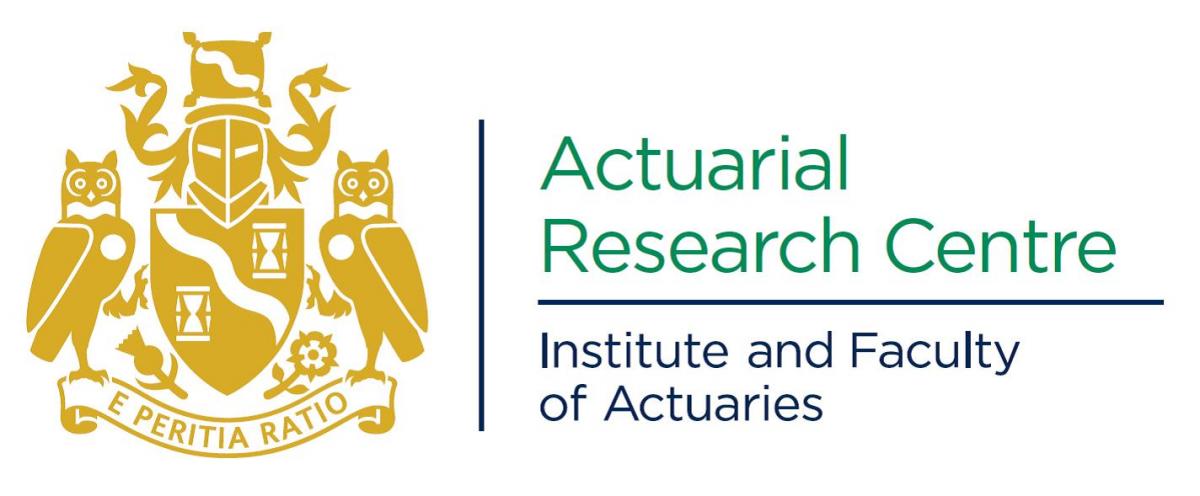 Delivering innovative research opportunities
Delivering innovative research opportunities
ARC encourages authoritative new research where academic and industry co-supervision adds significant value to boundary pushing research with practical applications for business, the public, Governments and policy makers across the world
This table provides an overview of current funded PhD studentships:
| Project title | Duration | Researcher | University |
|---|---|---|---|
| Liquidity risk premium on Corporate Bonds | This project has now been completed | Paul Van Loon | Heriot Watt University |
| Banking liquidity risk | This project has now been completed | Iain Ritchie | Heriot Watt University |
| Analysis of multi-population mortality | October 2013 – May 2017 | Vasil Enchev | Heriot Watt University |
| Longevity risk modelling | November 2013 – May 2017 | Liang Chen | Heriot Watt University |
| Risk Model Validation | January 2014 – July 2017 | Hsiao-Yen Lok | Heriot Watt University |
| Optimal design of structured products: risk sharing and financial fairness | May 2015 – September 2018 | Zhaoxun (William) Mei | Heriot Watt University |
| Survival Models Analysis | January 2016 – July 2019 | Francesco Ungolo | Heriot Watt University |
| Understanding longevity risks from hip and knee replacement | This project has now been completed. | Hussein M Wahedally | University of East Anglia |
| Functional data analysis and applications in mortality and risk selection | This project has now been completed | Ruhao Wu | University of Leicester |
| Mortality linked derivatives and their pricing | This project has now been completed | Raj Bahl | University of Edinburgh |
| Impact of changing population demographics on pension plans | January 2016 – January 2020 | Aniketh Pittea | University of Kent |
Events calendar
No results found.

